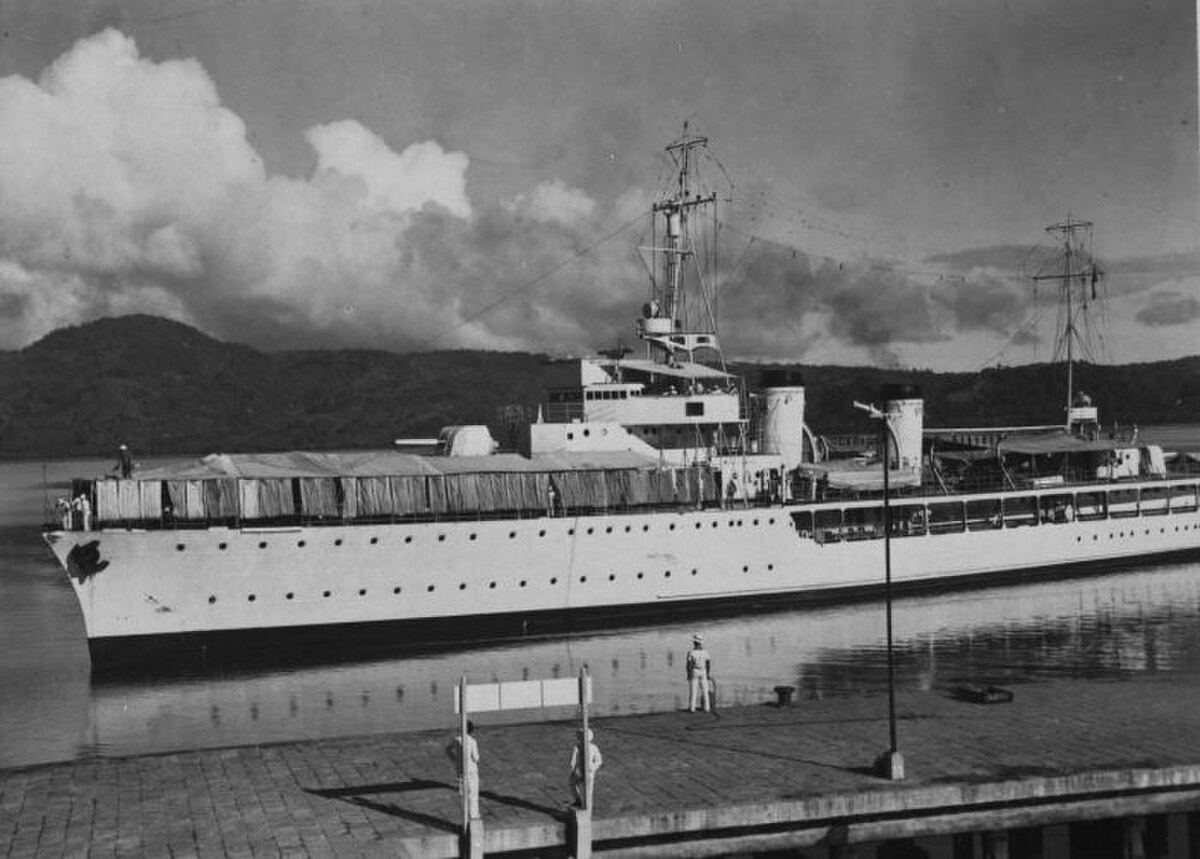
Haiphong Massacre
Haiphong, Hai Phong, VietnamIn the north, an uneasy peace had been maintained during the negotiations, in November however, fighting broke out in Haiphong between the Việt Minh government and the French over a conflict of interest in import duty at the port.[234 ]On November 23, 1946, the French fleet bombarded the Vietnamese sections of the city killing 6,000 Vietnamese civilians in one afternoon.[235] Less than two weeks after the shelling, after receiving pressure from Paris to "teach the Vietnamese a lesson" General Morlière ordered a complete Vietnamese withdrawal from the city, demanding all Viet Minh military elements to be evacuated from Haiphong.[236] By early December 1946, Haiphong was under complete French military occupation.[237] The aggressive actions of the French regarding the occupation of Haiphong made it clear in the eyes of the Viet Minh that the French intended on maintaining a colonial presence in Vietnam.[238] The threat of the French establishing a separate southern state in Vietnam by besieging the city of Hanoi became a top priority for the Viet Minh to counteract.
The final ultimatum to the Vietnamese was issued on December 19, when General Morlière ordered the leading Viet Minh militia, Tu Ve ("self-defence"), to completely disarm. That night, all electricity was turned off in Hanoi and the city was left in complete darkness. The Vietnamese (specifically the Tu Ve militia) attacked the French from within Hanoi with machine guns, artillery, and mortars. Thousands of French soldiers and Vietnamese civilians lost their lives. The French reacted by storming Hanoi the following day, forcing the Vietnamese government to take refuge outside of the city. Ho Chi Minh himself was forced to flee Hanoi for a more remote mountainous area. The attack can be characterized as a preemptive strike against the French after the overtaking of Haiphong endangered Vietnamese claims to Hanoi and all of Vietnam. The uprising in Hanoi escalated the aggression between the French and Viet Minh into the First Indochina War.
